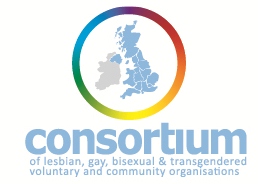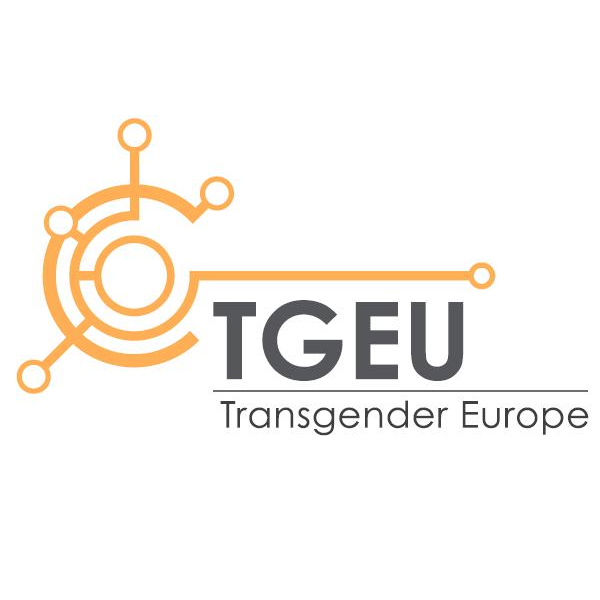The document has been developed as the policy for the planning of Specialised Adult Gender Identity Services for Welsh patients. The policy applies to residents of all seven Health Boards in Wales.
The purpose of this document is to:
- Set out the circumstances under which patients will be able to access Specialised Adult Gender Identity Services;
- clarify the referral process and;
- define the criteria that patients must meet in order to access treatment.
This policy applies to the Specialised Gender Identity Services which are planned and funded by WHSSC. There are a number of local Gender Identity assessment services which are planned and funded by Local Health Boards; this policy does not apply to those services.
Extract from Document
WHSSC funds access to specialised gender identity services, including assessment services and gender confirmation surgery that comply with the following criteria:
Assessment:
- The desire to live and be accepted as a member of the opposite sex, usually accompanied by the wish to make his or her body as congruent as possible with the preferred sex through surgery and hormone treatment; and
- The gender dysphoria has been present persistently for at least two years; and
- The disorder is not a symptom of another mental disorder or chromosomal abnormality; and
- The disorder causes clinically significant distress or impairment in social, occupational, or other important areas of functioning;
- All referrals must follow the referral pathway specified in the document.
Hormone Therapy:
The WLMHT GIC will be responsible for ensuring that patients meet the criteria for hormone therapy prior to the recommendation of treatment.
- Full assessment undertaken by the specialist service; and
- Competent to consent to receive treatment consistent with safe clinical practice; and
- The patient is at least 18 years of age; and
- Demonstrable knowledge of what hormones medically can and cannot do, and their social benefits and risks; and
- Evidence of change of name and social gender role prior to the recommendation of treatment.
Gender Reassignment Surgery:
Consideration for funding gender reassignment surgery will only be given to patients who meet the following criteria:
- Has undergone a minimum of 12 months continuous hormone therapy when recommended by a health professional and provided under the supervision of a physician; and
- Has completed a period (minimum of 12 months) of successful continuous real-life experience with no returning to their original gender; including one or more of the following;
- Maintain part or full-time employment; or
- Function as a student in an academic setting; or
- Function in a community-based volunteer; and
- Acquire a gender-identity appropriate name change; and
- Regular participation in follow up and monitoring by a specialised assessment service; and
- Demonstrable progress in consolidating one‟s gender identity role.
- Demonstrable progress in dealing with work, family and interpersonal issues resulting in a significantly better state of mental health. This implies satisfactory control of problems such as sociopathy, substance misuse, psychosis, suicidality and self harm.
- Demonstrable knowledge of the required length of hospitalisation, likely complications and post surgical rehabilitation
- Written confirmation that the surgeon is satisfied that the patient meets the above criteria, understands the ramifications and possible complications of surgery, and that the surgeon is of the view that the patient is likely to benefit from surgery.
Once the elements above are confirmed, surgical interventions will be authorised where clinically appropriate as indicated in the tables on pages 9 and 10.










